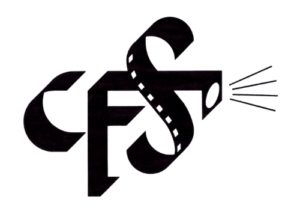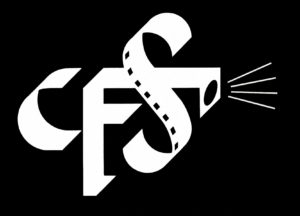(1975, ÉU, 144 min, 16mm, VOA) John Schlesinger
Le titre peut faire penser à un film d’insectes géants des années 50, mais il s’agit en fait d’un regard perspicace et souvent troublant sur les coulisses du Hollywood des années 30. Réalisé par John Schlesinger, qui a retrouvé son scénariste de Midnight Cowboy, Waldo Salt (adapté de la nouvelle de Nathanael West), ce film aborde le glamour de la production cinématographique en la regardant depuis le caniveau des garçons de salle ignorés et des aspirants starlettes.
L’histoire suit Tod (William Atherton), un artiste qui cherche, comme tant d’autres, à percer à Hollywood. Il trouve un logement assez bon marché pour vivre dans une communauté d’aspirants et de has-beens. Parmi les résidents, on trouve une gamine précoce poussée par une mère autoritaire, un nain colérique (Billy Barty), Faye (Karen Black) et son père Harry (Burgess Meredith), une famille du showbiz. Le patriarche Harry est une ancienne vedette de vaudeville aujourd’hui réduite à colporter des produits d’entretien au porte-à-porte. Faye est prête à tout pour passer à l’écran, à n’importe quel prix. Tod tombe amoureux de Faye, mais elle établit une relation perverse avec Homer Simpson, (Donald Sutherland). Cet Homer, cependant, est profondément religieux, sexuellement refoulé et socialement maladroit. Ce sont ses émotions enfouies qui conduisent à l’une des fins les plus choquantes de tous les films jamais réalisés.
C’est un film épique, à plusieurs niveaux, dans la veine du Nashville de Robert Altman. Les sauterelles du titre sont les petits gens qui cherchent désespérément à se nourrir de la célébrité qu’offre Hollywood, affamés d’une vie promise après la Dépression. Une vie qui va bientôt se transformer en guerre. Dans le contexte du film, c’est une guerre qu’ils obtiennent dans l’émeute inquiétante du climax, digne d’un film d’horreur. Mais il y a de quoi s’amuser, car nous nous mêlons à la riche tapisserie de personnages grotesques, de récits remplis d’humour et de mélancolie. C’est sans doute l’un des meilleurs films sur Tinsel Town que nous ayons vus, et il pourrait sans doute se marier avec l’alter-réalité de Il était une fois à Hollywood de Tarantino, Mulholland Drive de David Lynch ou 81/2 de Fellini.
La version projetée est celle qui n’a jamais été mise à la disposition du marché grand public. Pour savoir ce qui rend cette copie si spéciale, vous devrez y assister ! Soyez-en sûr, vous serez hypnotisés.

(1975, USA, 144 min, 16mm, VOA) John Schlesinger
The title may sound like a cheap fifties giant bug movie, but it’s actually an astute and often troubling look behind the scenes of Hollywood during the 1930s. Directed by John Schlesinger, reunited with his Midnight Cowboy screenwriter Waldo Salt (adapted from Nathanael West’s novella), it touches the glamour of filmmaking by viewing it from the gutter of the ignored backroom boys and aspiring starlets.
The story follows Tod (William Atherton), an artist looking, like so many others, to make it in Hollywood. He finds a place cheap enough to live in a community of wannabes and has-beens. Among the residents are a precocious brat being pushed by an overbearing mother, an angry dwarf (Billy Barty), Faye (Karen Black) and her father Harry (Burgess Meredith), a showbiz family on their uppers. Patriarch Harry is a former vaudeville star now reduced to hawking cleaning products door-to-door. Faye is desperate to be on the silver screen, at almost any cost. Tod falls in love with Faye, but she sets up a one-sided relationship with Donald Sutherland’s Homer Simpson. (Yep, that’s his name in the film) This Homer, however, is devoutly religious, sexually repressed, and socially awkward. It’s his buried emotions that lead to one of the most shocking endings of any film ever made.
This is an epic, multi-layered film in the vein of Robert Altman’s Nashville. The locusts of the title are the little people so desperate to feed at the stardom Hollywood provides, hungry for a life promised following the Depression. A life that will soon turn to war. In the context of the film, it’s a war they get in the disturbing riot of the climax, which is something worthy of a horror film. There’s plenty to enjoy, though, as we mingle with the rich tapestry of grotesque characters, tales filled with humour and melancholy. It’s arguably one of the best movies about Tinsel Town we’ve seen, and could probably pair well with Tarantino’s alt-reality of Once Upon a Time in Hollywood or David Lynch’s Mulholland Drive or Fellini’s 81/2.
The version being projected is one that was never made available to the consumer market. To know what makes this such a special print, you’ll have to attend! Rest assured, you will be mesmerised.



